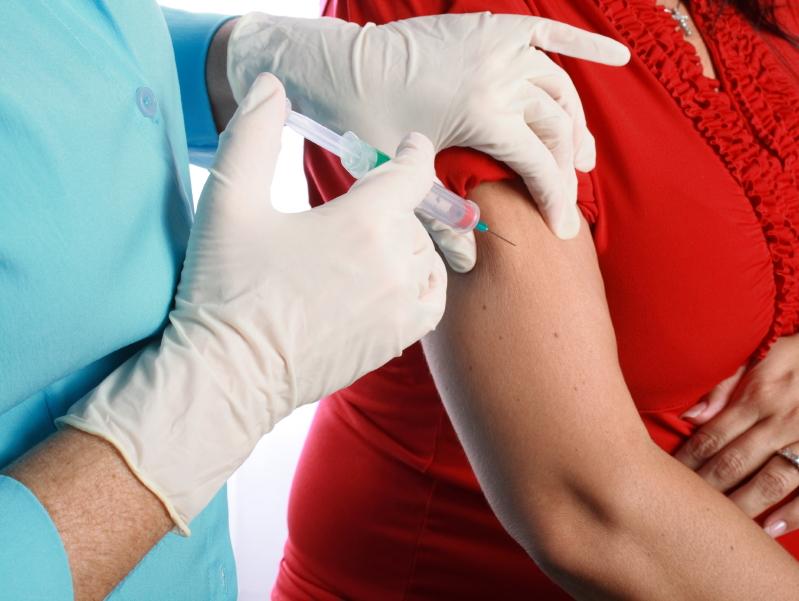After 8 days with no new cases, Rwanda's health ministry yesterday reported 1 new illness, raising the outbreak total to 63 cases, as the number of deaths held steady at 15. Two patients are still in treatment, and 46 have recovered.

At a media briefing with the Africa Centre for Disease Prevention and Control (Africa CDC), Rwanda Minister of Health Sabin Nsanzimana, MD, PhD, said the latest patient is a healthcare provider who works in the Marburg treatment center.
Patient had been vaccinated just days before
Though the man tested positive, he is doing well and doesn't have the usual Marburg symptoms. The patient had been vaccinated against Marburg a few days ago, and it's not clear if he was exposed to the virus before or after vaccination.
The patient had no contacts outside the Marburg treatment center and had been living in a setting where the infection prevention and control protocol was high.
Nsanzimana said Rwanda has gone 10 days with no new Marburg deaths. He added that the overall picture is encouraging, though officials can't rule out other contacts reaching the symptomatic phase. The number of contacts under monitoring continues to decrease. "It's not yet over, but we have a great trend."














